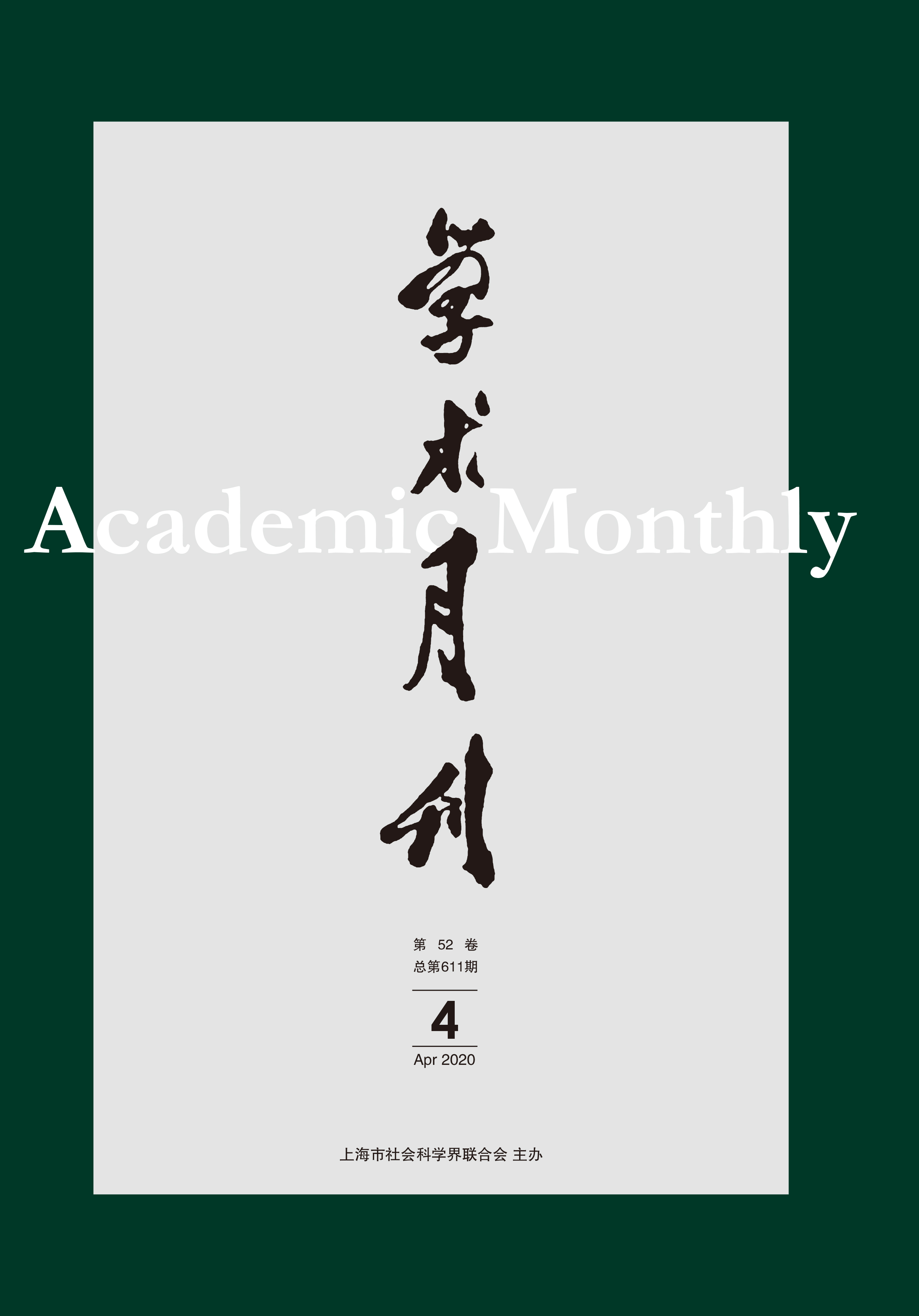Pax Americana
- Available Online: 2020-04-01
Abstract: At the turn of the 20th and the 21st centuries, a growing number of American conservative scholars of political science and international relations began to devote their attentions to depict the emergence of a “New American Century”. In the first decade of the 21st century, this triumphalist attitude drove many conservative elites to narrate the making and consolidation of a global Pax Americana. Pax Americana advocates s neo-liberal global order. It argues that liberalism is the most efficient and effective model of global economic development. It also paints the picture that a capital-driven, liberal market expansion being the only viable path for the future development of globalisation. In recent years, Chinese scholarship of political economy and political science has offered criticisms to this neoliberal world order. This paper hopes to introduce a historical dimension to the discussion. It looks at the political narratives of a Pax Americana in the longue durée since the late 19th century, hoping to present its connection with the historiography and problematics of the narratives of British imperial history. This paper points out that the theoretical interests in the UK and the USA in the late 19th and late 20th centuries respectively have manifested a shared enthusiasm in the reinvention of history. They emerged at times when the politics of British and American imperialisms reached their peaks in their own respective periods. By revealing this historical dimension in the neoliberal and neoconservative imperialist narratives will help us to better understand the origin of Pax Americana and the logic dilemma of its neoliberal globalisation narratives.



 沪公网安备 31010102003103号
沪公网安备 31010102003103号 DownLoad:
DownLoad: